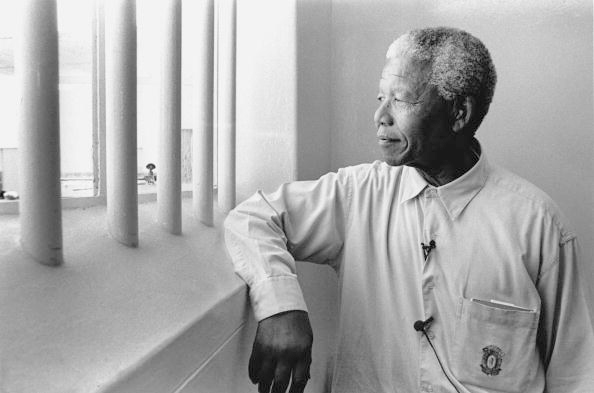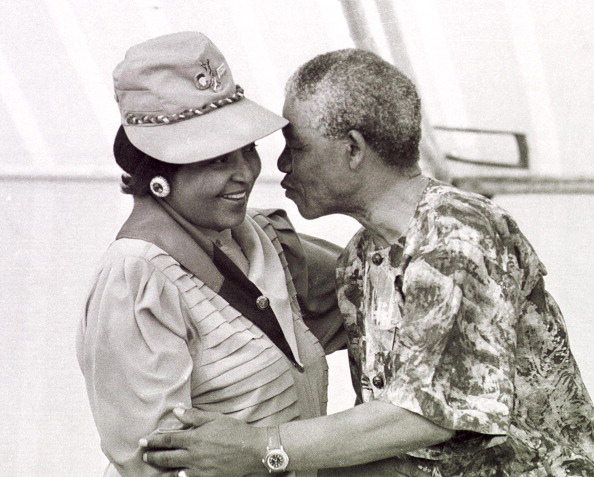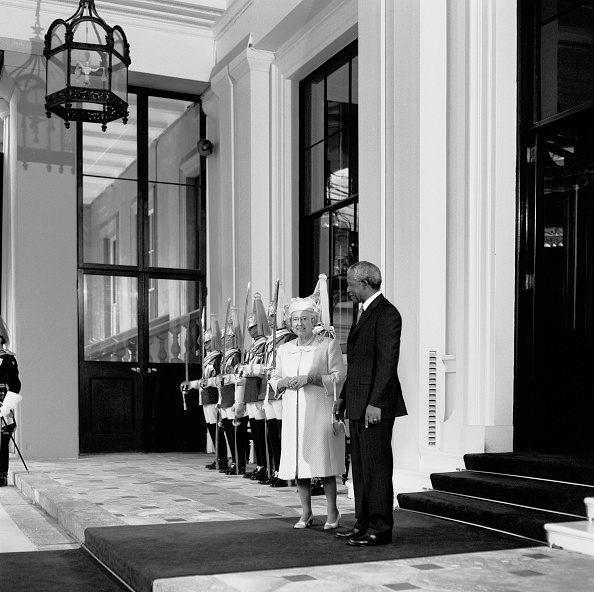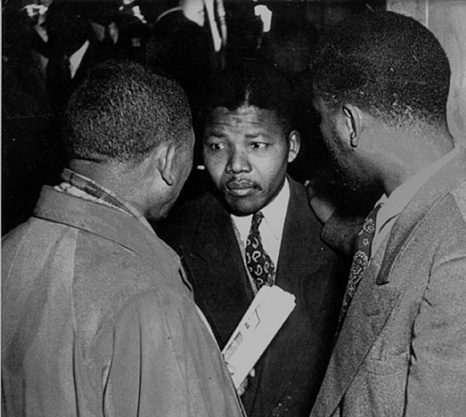What defined Mandela’s leadership?
Attempts to identify the defining qualities of Mandela as a leader are legion. Most fall into the trap of positioning him in relation to what could be called generic attributes of leadership – vision, courage, the ability to keep one’s rivals close, and so on. In 2007, the Nelson Mandela Foundation, to its cost, did exactly this. What emerged was a compelling absence of consensus. The complexity of Mandela the human being refused to be reduced to a series of neatly labelled boxes.
The truth is that we have to dig deeper if we want to find the key to understanding his leadership. For example, most representations of his life foreground his commitment to collective leadership and his willingness to consult. And yet stories abound about moments, big and small, when he acted against advice or without it. For many interpreters of Mandela, he embodied the principle of delegation. And yet the evidence shows that in many areas of governance he was hands-on, almost a prototypical chief executive, even guilty of micromanaging at times.
We could go on endlessly with examples of complexity but the truth is that simplifying Mandela, romanticizing him, is not helpful. There is enough of that in both local and international discourses. Arguably it is this which underlies, even provokes, a counter-current discernible especially amongst younger people. What is both helpful and necessary is a willingness to engage with complex pasts and personalities.
When Mandela donated his personal archive to the Nelson Mandela Foundation, he made it clear that it was not to become the basis for a vanity project, nor were the custodians to carry the burden of protecting him. The archive was to be a public resource, the overarching purpose of which was to contribute to making the country and the world of his dreams.
What does the evidence tell us? If there is no clutch of “Mandela core leadership attributes”, then where do we find the lessons for good leadership from his life?
As a leader, Mandela had an extraordinary sense of timing. He seemed to have an instinct for knowing when he should lead from behind, the shepherd behind his flock, and when he should be out front. He had a fine instinct for knowing when to give ground and when to take it. When to wait, when to move. Arguably his genius was that most often he got it right. Trying to explain instinct is futile, of course. It is what it is. But what is the space within which good timing and instinct are most likely to flourish?
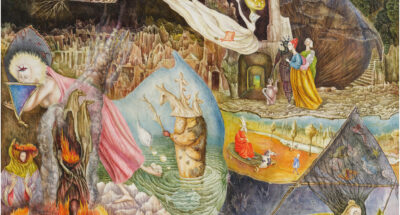
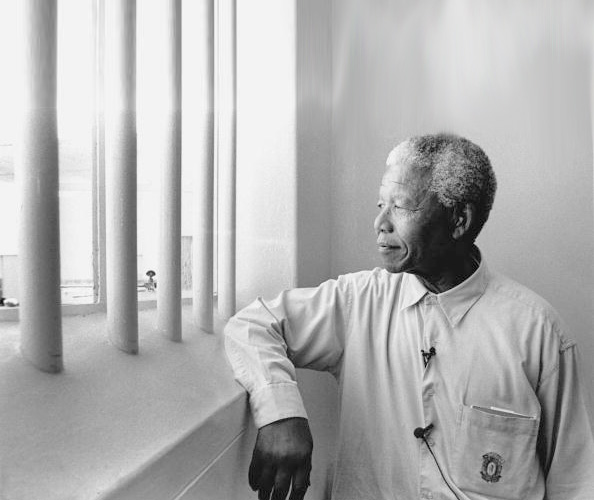
 Audio available
Audio available